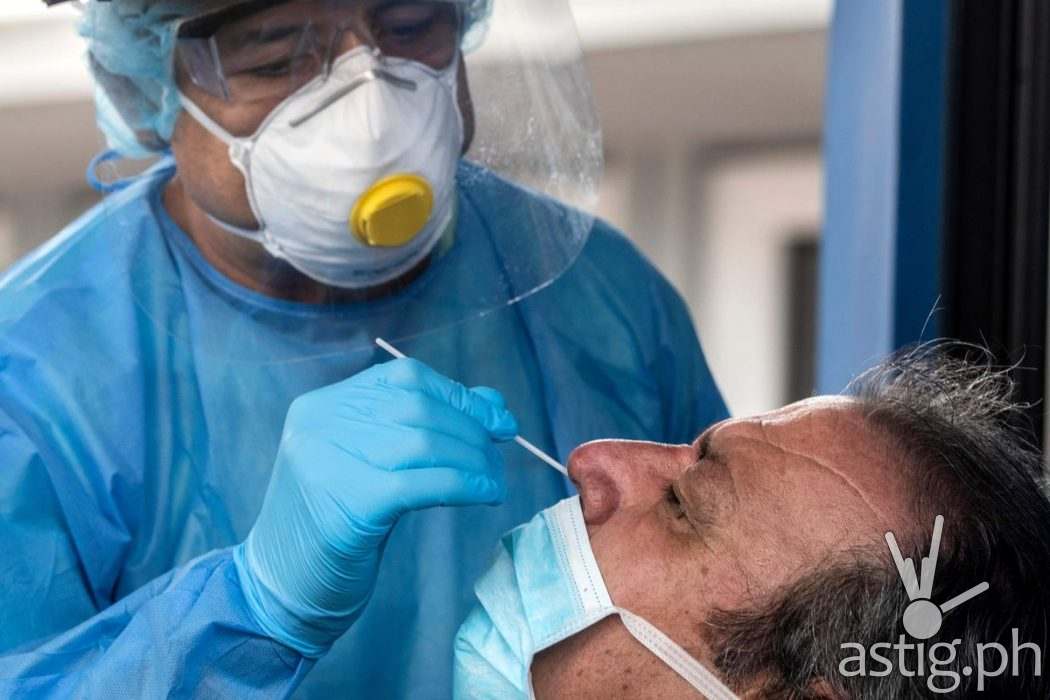PHILIPPINES – In a groundbreaking study conducted by researchers from the University of the Philippines Diliman College of Science’s Science, Technology and Society (UPD-CS STS), an evaluation of the effectiveness of the Philippines’ government policies during the COVID-19 pandemic was undertaken.
Led by Prof. Benjamin Vallejo Jr, Dr. Rodrigo Angelo Ong, and Asst. Prof. Ranjit Singh Rye, the study adopted a novel interdisciplinary approach, applying statistical methods commonly used in marine behavioral ecology to assess government policy responses. Utilizing data from the Oxford COVID-19 Government Response Tracker project (OxCGRT) spanning from January 2020 to December 2022 across 180 World Health Organization member states, the scientists analyzed the impact of various measures on pandemic containment and support to citizens.
The findings revealed that stringent policies, including lockdowns, quarantines, and travel restrictions, were effective in containing the pandemic within the initial 60 days. However, shortcomings emerged during the gradual relaxation of lockdowns, emphasizing the necessity for robust testing and contact tracing strategies, areas where the government exhibited less effectiveness.
Furthermore, the study highlighted the effectiveness of the government’s vaccination rollout in reducing infections among health workers, underscoring its positive impact on pandemic control. Travel health checks, requiring proof of vaccination and COVID-19 tests, also contributed significantly to limiting infection spread across borders.
On the other hand, non-pharmaceutical interventions like mask-wearing and social distancing showed varying effectiveness levels, predominantly due to differing citizen compliance at the local and national levels. The analysis emphasized the crucial role of citizen engagement in implementing such measures effectively, acknowledging the importance of government-citizen collaboration during crises like pandemics.
The study’s significance lies in demonstrating how Science, Technology, and Society (STS) approaches can provide an objective assessment of government policies. The researchers aim to improve policy and governance effectiveness, particularly during crises, with insights gleaned from their comprehensive analysis.
Prof. Vallejo specializes in marine biology at UPD-CS’s Institute of Environmental Science and Meteorology, Dr. Ong, a physician, contributes as a professorial lecturer in the Science and Society Program, while Asst. Prof. Rye is affiliated with the Department of Political Science in the College of Social Sciences and Philosophy, UP Diliman. Additionally, Prof. Vallejo and Dr. Ong received training under the International Network for Governmental Science Advice (INGSA) in Malaysia, focusing on science advice and policy analysis.
This study, titled “An Assessment of the Philippines government’s Response to the COVID-19 pandemic based on policy response indices” by Vallejo B, Ong RAC, Rye RS (2023), published in SciEngg 16 (2), delves into the critical analysis of governmental responses during the pandemic.

